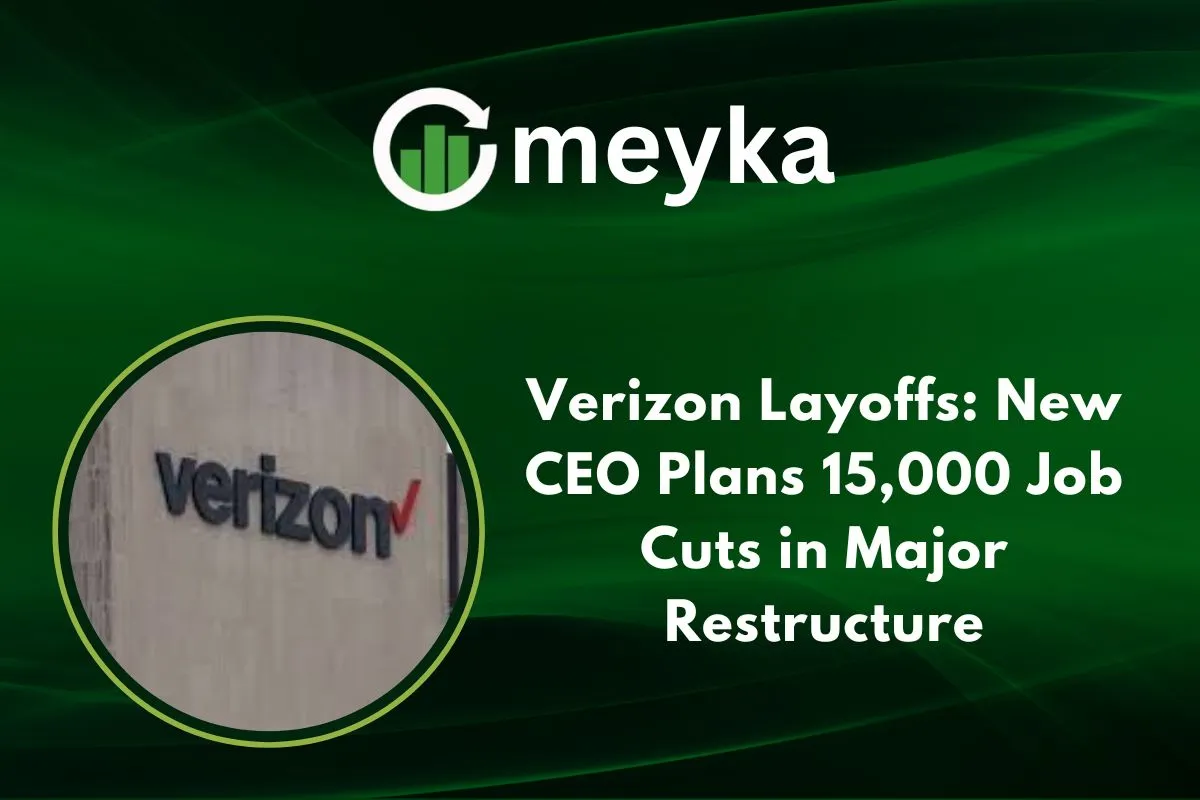Verizon Layoffs: New CEO Plans 15,000 Job Cuts in Major Restructure
We’ve just learned that Verizon Communications is planning to cut around 15,000 jobs in the U.S. under its newly appointed CEO. This marks the largest-ever layoff program in the company’s history. We’ll explore why this drastic move is happening, how it will affect employees and the market, and what it signals for Verizon’s future.
Continue Reading on Meyka
This article is available in full on our main platform. Get access to complete analysis, stock insights, and more.
Read Full Article →





